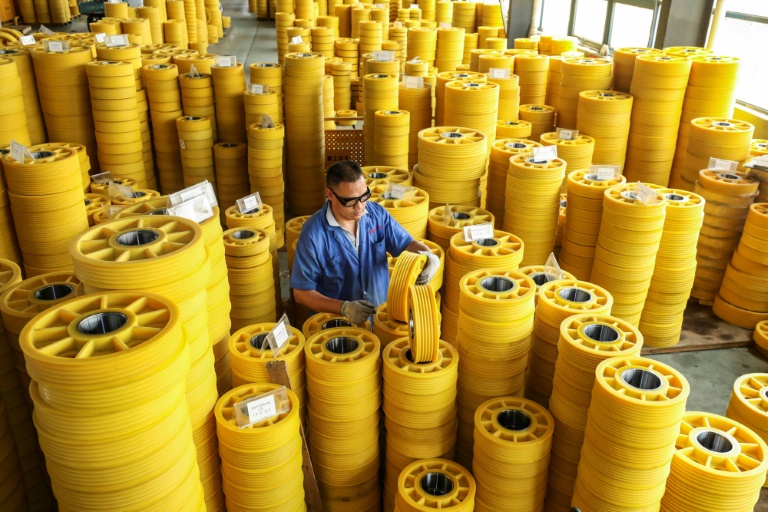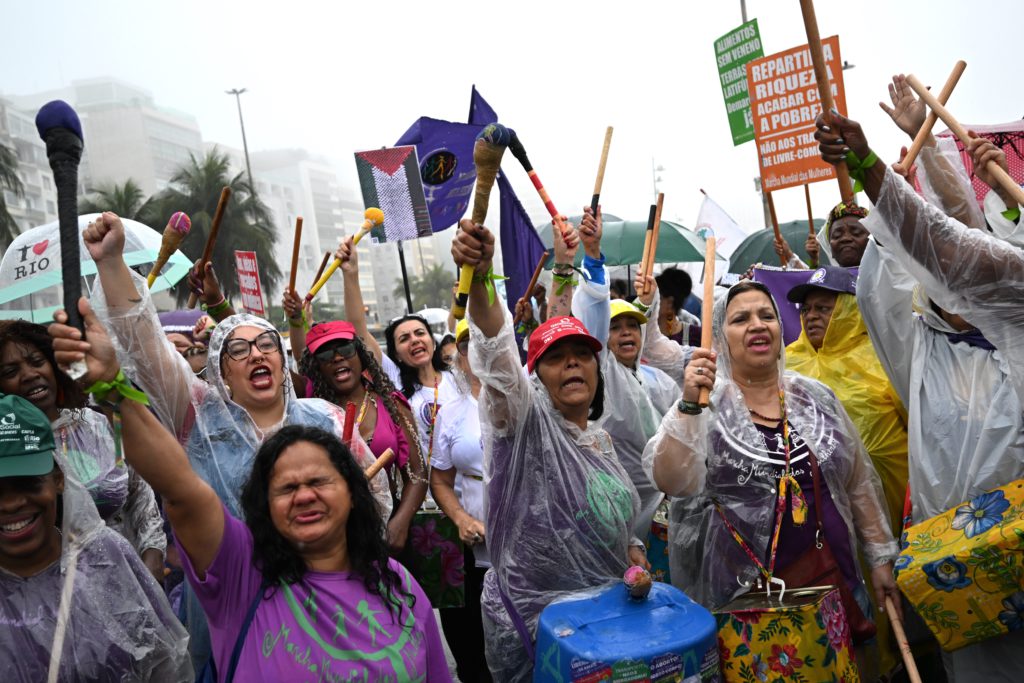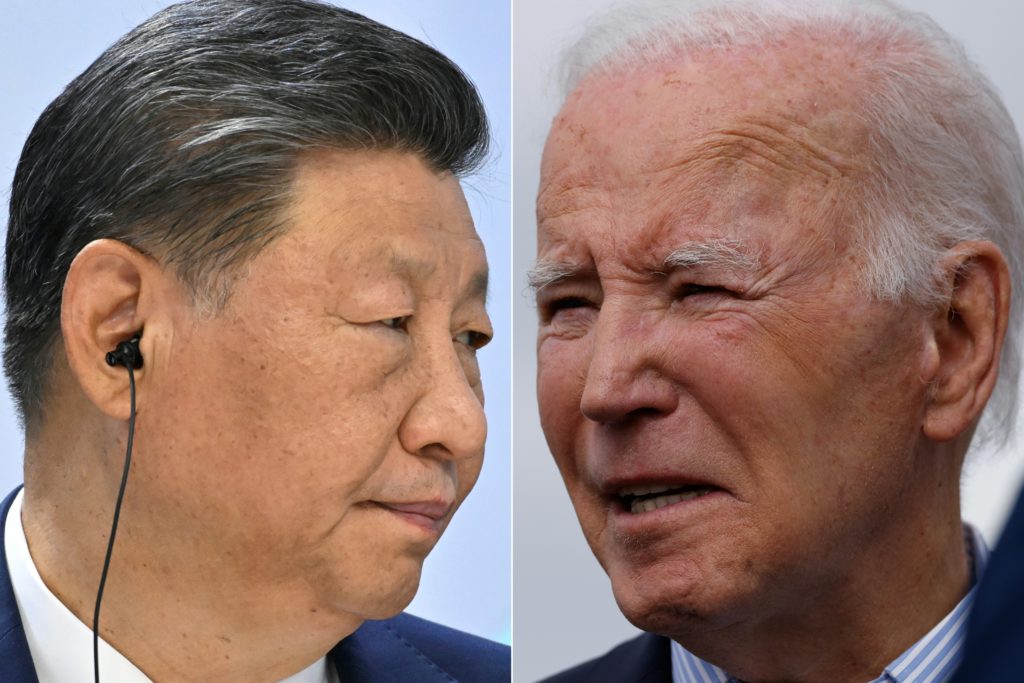China’s factory output and retail sales remained weak in May, official data showed Wednesday, with tepid demand and lingering Covid restrictions putting a damper on growth in the world’s second-largest economy.
The government is persisting with a zero-Covid strategy to stamp out clusters as they emerge, but this has placed companies and consumers at the mercy of snap, economically damaging lockdowns.
Retail sales sank 6.7 percent on-year in May, the National Bureau of Statistics (NBS) said, though that was an improvement from April’s 11.1 percent drop.
The figure was also slightly better than forecasts from analysts polled by Bloomberg.
“In May, our economy gradually overcame the adverse impact of the pandemic,” NBS spokesman Fu Linghui told reporters.
“But we also have to see that the international environment has become more complex and severe, and the domestic economic recovery still faces many difficulties and challenges.”
It was the third straight month of contraction in retail sales, according to official data, suggesting nervous consumers are tightening their purse strings with the persistent threat of lockdowns.
But industrial production was up 0.7 percent after falling 2.9 percent in April, while the urban unemployment rate ticked down to 5.9 percent.
Shanghai, China’s most populous city, started emerging from a gruelling two-month lockdown in June, providing a boost to economic sentiment.
Tommy Wu, lead China economist at Oxford Economics, speculated that “the worst of lockdowns is probably behind us.”
However, he added that it will be “difficult for household consumption to recover strongly” while China’s zero-Covid strategy remains in place.
Meanwhile, concerns are mounting over the trend in unemployment as millions of students graduate in the summer, Zhiwei Zhang, of Pinpoint Asset Management, said.
Unemployment among rural migrant workers remained elevated, data showed, while home sales in the first five months dropped 34.5 percent.
Observers remain cautious in part because of a property sector slump and the government’s reluctance to transition away from zero-Covid despite recent fine-tuning.
“There is no guarantee that a new wave will not hit in coming months,” Nomura analysts said Wednesday.










